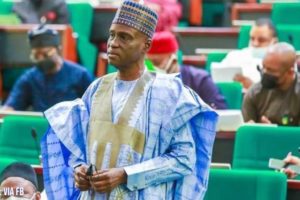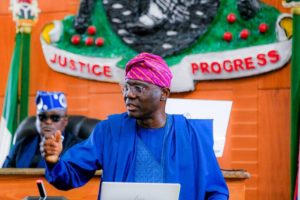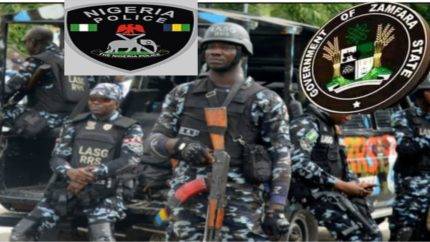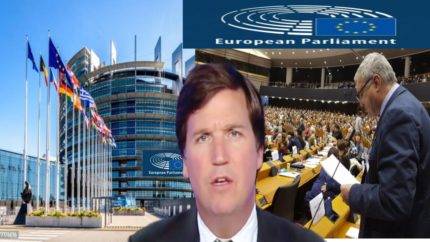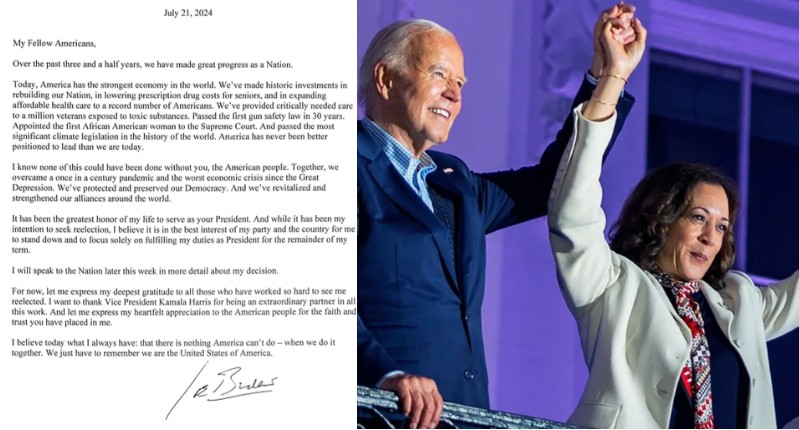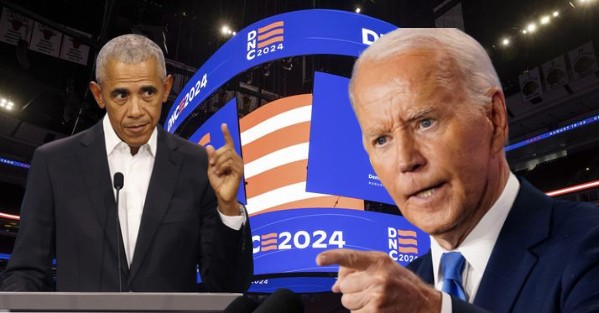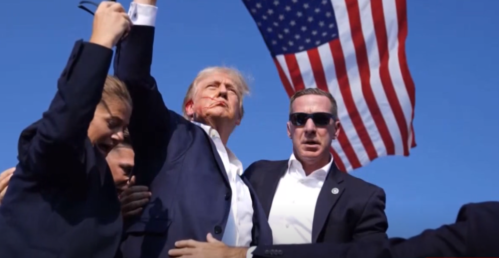European Parliament Condemns Tucker Carlson’s Alleged Support for Putin’s Invasion of Ukraine
Prominent figures within the European Parliament have launched a blistering condemnation of Tucker Carlson, a renowned American television personality. Accusations have been hurled, asserting that Carlson’s recent broadcasts have inadvertently bolstered Russian President Vladimir Putin’s aggressive actions in Ukraine. The outcry stems from Carlson’s perceived alignment with Putin’s agenda, evident through his commentary on his widely watched program. European Parliament members have raised grave concerns over the potential ramifications of Carlson’s rhetoric, fearing that it may galvanize support for the Russian regime, which faces severe allegations of perpetrating war crimes and genocidal acts.
The sudden spotlight on Carlson underscores the growing tension surrounding the conflict in Ukraine and the role of influential media figures in shaping public opinion. As accusations fly, the European Parliament’s denouncement underscores the gravity of the situation and highlights the need for responsible discourse in times of international crisis. With the stakes high and tensions escalating, the condemnation serves as a stark reminder of the power wielded by media personalities and the profound impact their words can have on geopolitical dynamics.
Calls for Travel Ban Amplify Criticism
In response to escalating criticism, a prominent European Parliament member has issued a call for the European Union to implement a travel ban targeting Tucker Carlson. Citing Carlson’s perceived role as a conduit for the dissemination of viewpoints aligned with former President Donald Trump and Russian President Vladimir Putin, the parliamentarian underscores the imperative of holding individuals responsible for propagating narratives supportive of authoritarian regimes. The proposed travel ban represents a notable intensification in the pushback against Carlson’s contentious stance on the Ukrainian conflict, positioning it within the broader context of efforts to counter disinformation and uphold democratic principles.
This call for a travel ban against Carlson signals a growing recognition within European political circles of the potential influence wielded by media figures in shaping public opinion and international discourse. By characterizing Carlson as a “mouthpiece” for political leaders known for their authoritarian tendencies, the parliamentarian aims to highlight the need for proactive measures to counteract the spread of propaganda that undermines democratic values. As debates surrounding information integrity and foreign interference continue to gain traction, the proposed travel ban emerges as a tangible manifestation of efforts to address the challenges posed by individuals perceived to be complicit in advancing narratives detrimental to global stability and democratic governance.
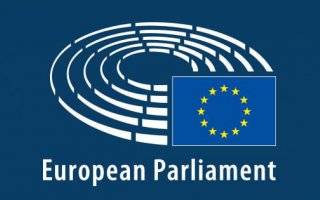
Accusations of Sympathy for Putin
In the latest controversy surrounding Tucker Carlson, a member of the European Parliament has intensified the scrutiny by alleging his sympathetic stance towards Putin and the Russian regime. With Putin facing indictment by the International Criminal Court for purported war crimes and genocide, the accusation casts a spotlight on Carlson’s perceived endorsement of the Russian leader’s narrative. This development not only amplifies concerns about Carlson’s journalistic integrity but also raises questions about his alignment with anti-democratic forces, contributing to the ongoing debate about the role of media figures in shaping public perception and discourse.
The accusation against Carlson serves as a stark reminder of the intersection between journalism and geopolitical tensions, particularly in the context of Russia’s actions on the global stage. As Putin faces serious allegations from international bodies, Carlson’s purported sympathy towards him adds a layer of complexity to the ongoing discourse surrounding Russia’s involvement in conflicts and its stance on human rights. Moreover, it underscores the significance of accountability and transparency in media representation, highlighting the need for journalists to uphold ethical standards and navigate complex geopolitical narratives with diligence and impartiality.
European Parliament Members Condemn Tucker Carlson’s Journalism
Amidst mounting condemnation, various members of the European Parliament have vehemently criticized Tucker Carlson, questioning his journalistic integrity and characterizing him as a propagandist rather than a reputable news anchor. Their denouncement stems from Carlson’s persistent platforming of individuals accused of severe human rights violations, a practice viewed as prioritizing sensationalism over ethical reporting. This scrutiny not only tarnishes Carlson’s reputation but also highlights broader apprehensions regarding the erosion of boundaries between genuine journalism and propaganda within today’s media ecosystem.
The censure directed at Tucker Carlson illuminates ethical concerns regarding the blurring distinction between responsible journalism and propagandist rhetoric. By amplifying voices linked to egregious human rights abuses, Carlson’s approach raises questions about the moral compass guiding contemporary media practices. This critique resonates beyond Carlson himself, reflecting a wider societal unease regarding the manipulation of information for sensationalist purposes and the potential consequences for democratic discourse and informed public opinion.
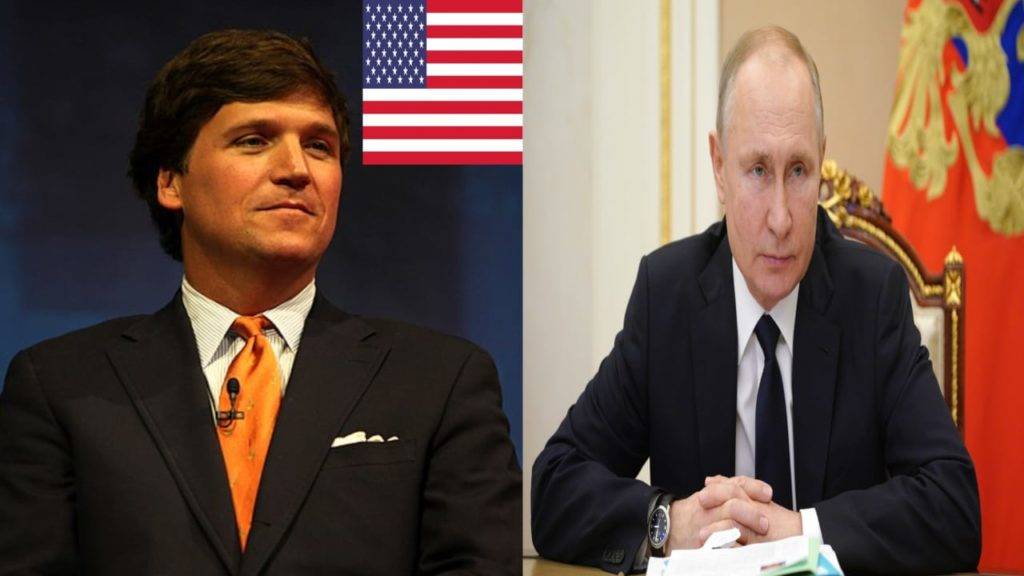
European Parliament Criticizes Tucker Carlson for Prioritizing Sensationalism Over Ethical Reporting
In a scathing rebuke, members of the European Parliament have intensified their condemnation of Tucker Carlson, a prominent figure in American media, citing concerns over his journalistic integrity and ethical standards. Accusing him of veering into the realm of propaganda, they highlight his recurrent practice of providing a platform for individuals accused of severe human rights violations. This pattern of behavior, they argue, not only compromises the credibility of Carlson himself but also reflects broader anxieties about the blurring boundaries between genuine journalism and sensationalist propaganda prevalent in today’s media landscape.
The heightened scrutiny surrounding Tucker Carlson underscores deeper apprehensions about the ethical underpinnings of contemporary journalism. As Carlson continues to prioritize sensationalism over ethical reporting, critics fear the normalization of propagandistic tactics within mainstream media platforms. This erosion of journalistic integrity not only diminishes public trust but also exacerbates existing societal divisions by amplifying narratives rooted in misinformation and sensationalism. As such, the European Parliament’s critique serves as a stark reminder of the imperative to uphold ethical standards and distinguish between genuine journalism and propaganda in today’s media ecosystem.
Ethical Concerns in Media Reporting
In the midst of ongoing debates about journalistic integrity, the recent scrutiny aimed at Tucker Carlson sheds light on the ethical dilemmas surrounding the intersection of responsible reporting and propagandist agendas. By providing a platform for individuals associated with severe human rights violations, Carlson’s journalistic approach blurs the lines between factual reporting and biased rhetoric, sparking concerns about the moral principles guiding modern media outlets. This critique extends beyond Carlson as an individual, mirroring broader societal anxieties regarding the manipulation of information to fuel sensationalism and its detrimental effects on democratic dialogue and public awareness.
The controversy surrounding Carlson underscores the pressing need for media organizations to prioritize ethical standards and maintain a commitment to objective reporting. In an era marked by the proliferation of misinformation and partisan narratives, upholding journalistic integrity is paramount to safeguarding the integrity of public discourse and ensuring that citizens are adequately informed. Addressing the ethical implications of media practices is not merely a matter of professional responsibility but also a crucial step towards preserving the foundational principles of democracy and fostering a well-informed populace capable of engaging in meaningful civic participation.
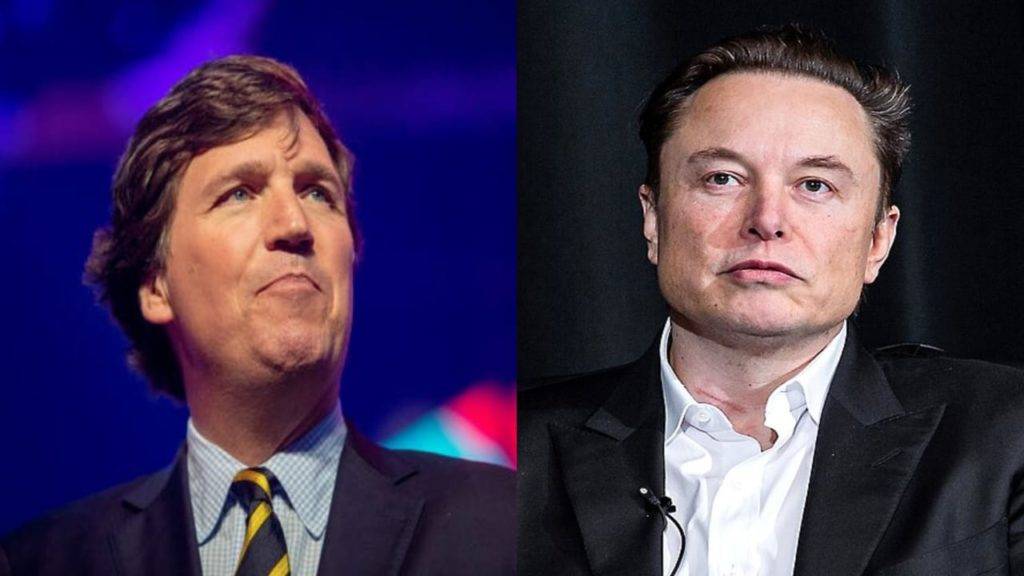
Elon Musk’s Support Raises Eyebrows
The symbiotic relationship between Tucker Carlson and Elon Musk has intensified ongoing debates and controversies. Musk’s prominent position as the owner of Twitter and a tech magnate adds weight to his endorsement of Carlson’s viewpoints. Their alignment, particularly evident in Musk’s amplification of Carlson’s pro-Kremlin rhetoric on social media platforms, has sparked concern among analysts and the public alike. This partnership has become a focal point for critics, who argue that Musk’s support for Carlson’s narrative not only validates but also normalizes divisive and authoritarian ideologies. Such endorsements, they contend, undermine efforts to combat disinformation and hold those who propagate it accountable.
The convergence of Carlson and Musk’s influence has far-reaching implications for public discourse and accountability. By leveraging his platform and influence, Musk effectively bolsters Carlson’s controversial perspectives, contributing to the erosion of trust in mainstream information sources. Critics warn that this collaboration not only perpetuates harmful narratives but also risks legitimizing authoritarian propaganda, thus hindering efforts to foster informed and critical discourse. As the debate surrounding their association intensifies, the need to scrutinize the consequences of powerful figures endorsing contentious viewpoints becomes increasingly urgent in the ongoing battle against disinformation and the safeguarding of democratic values.
Tucker Carlson Under Fire: Uncertain Future Amidst Allegations of Pro-Russian Stance
Tucker Carlson, a polarizing figure in American journalism, is currently grappling with intensified scrutiny and demands for repercussions as accusations mount against him. The European Parliament, among other notable voices, has vehemently denounced Carlson for purportedly endorsing the Russian regime, plunging him into a maelstrom of controversy surrounding journalistic ethics and responsibility. As the clamor grows louder, Carlson’s professional trajectory hangs in the balance, casting doubt on the longevity and credibility of his career in the face of such allegations.
The unfolding saga involving Tucker Carlson underscores a broader concern about media figures aligning themselves with authoritarian regimes, raising questions about the role of journalism in today’s interconnected global landscape. As observers grapple with the fallout from Carlson’s alleged support for the Russian regime, they are compelled to reflect on the potential consequences of media personalities lending legitimacy to authoritarian agendas. This contentious issue serves as a stark reminder of the crucial role journalists play in upholding democratic values and the imperative of maintaining journalistic integrity in an era fraught with geopolitical tensions.
Table of Contents
Discover more from OGM News NG
Subscribe to get the latest posts sent to your email.

